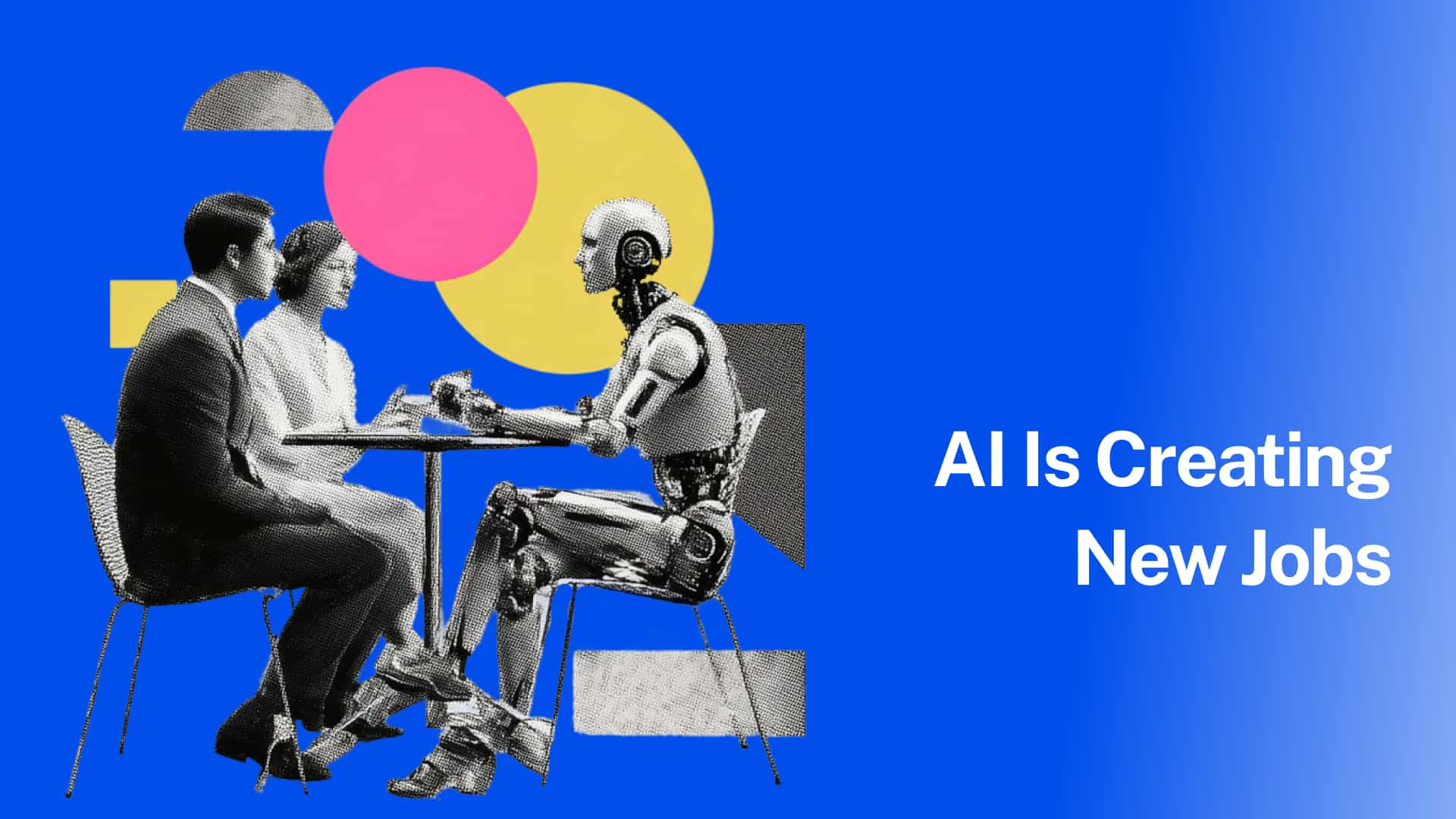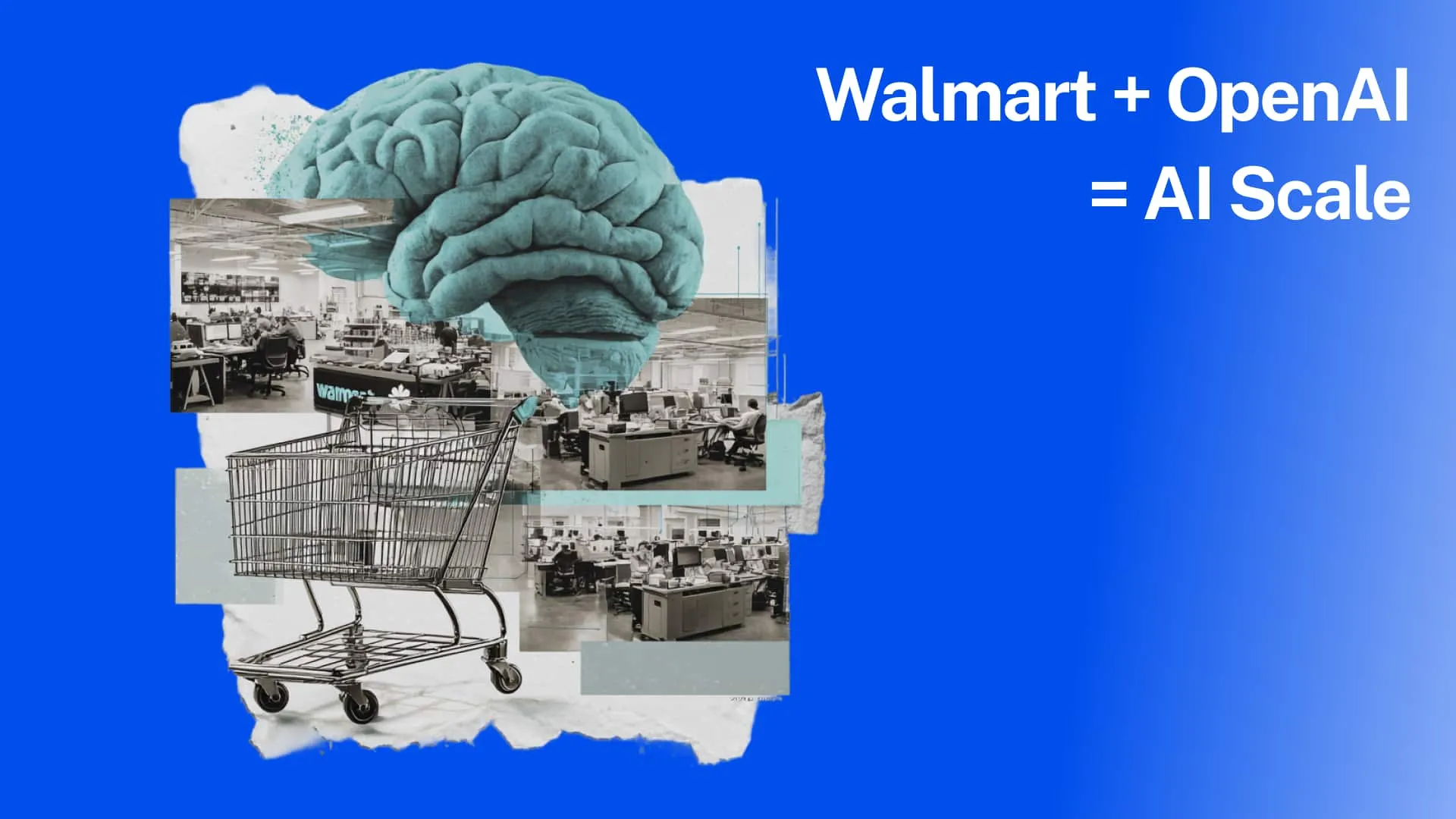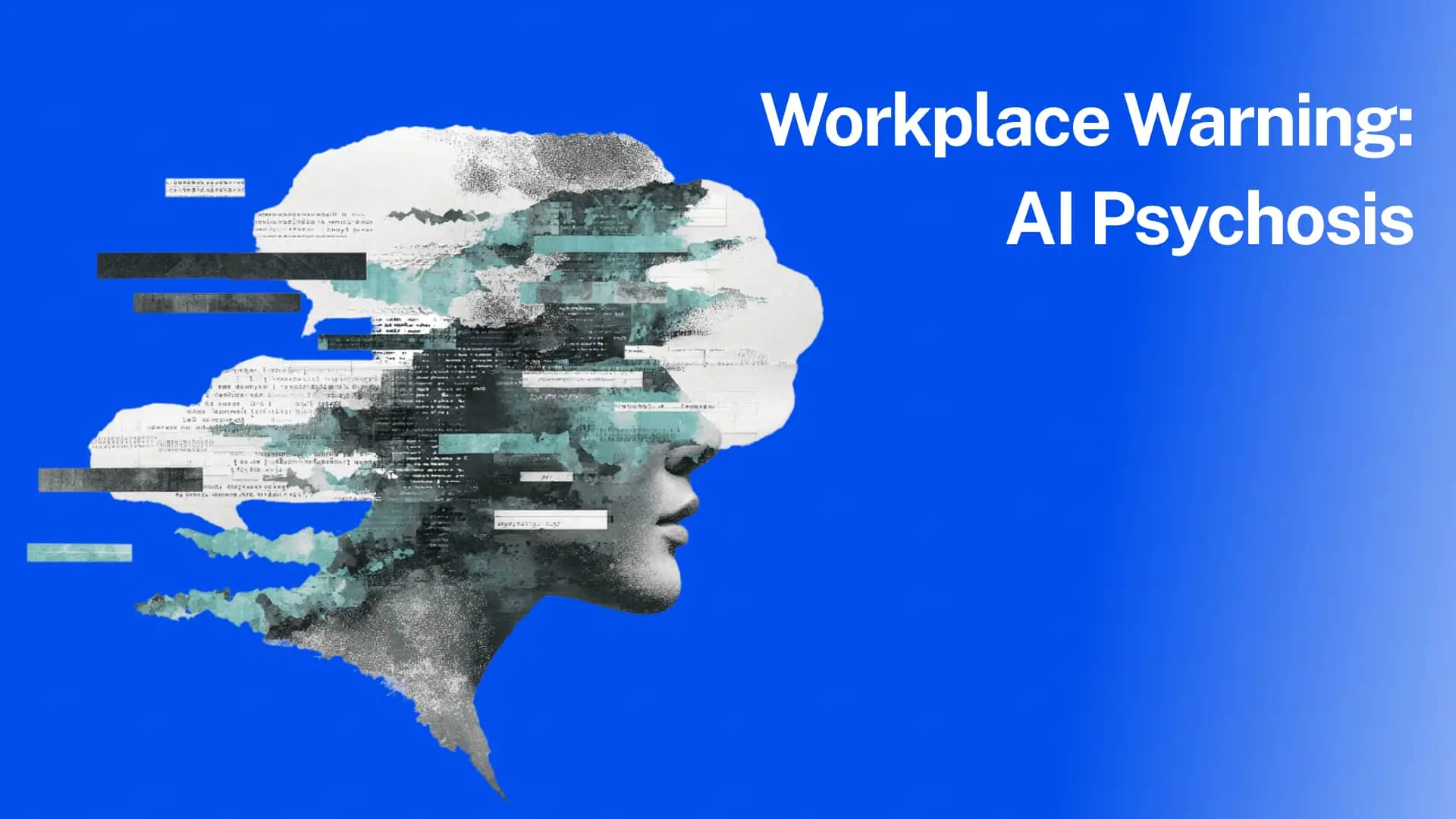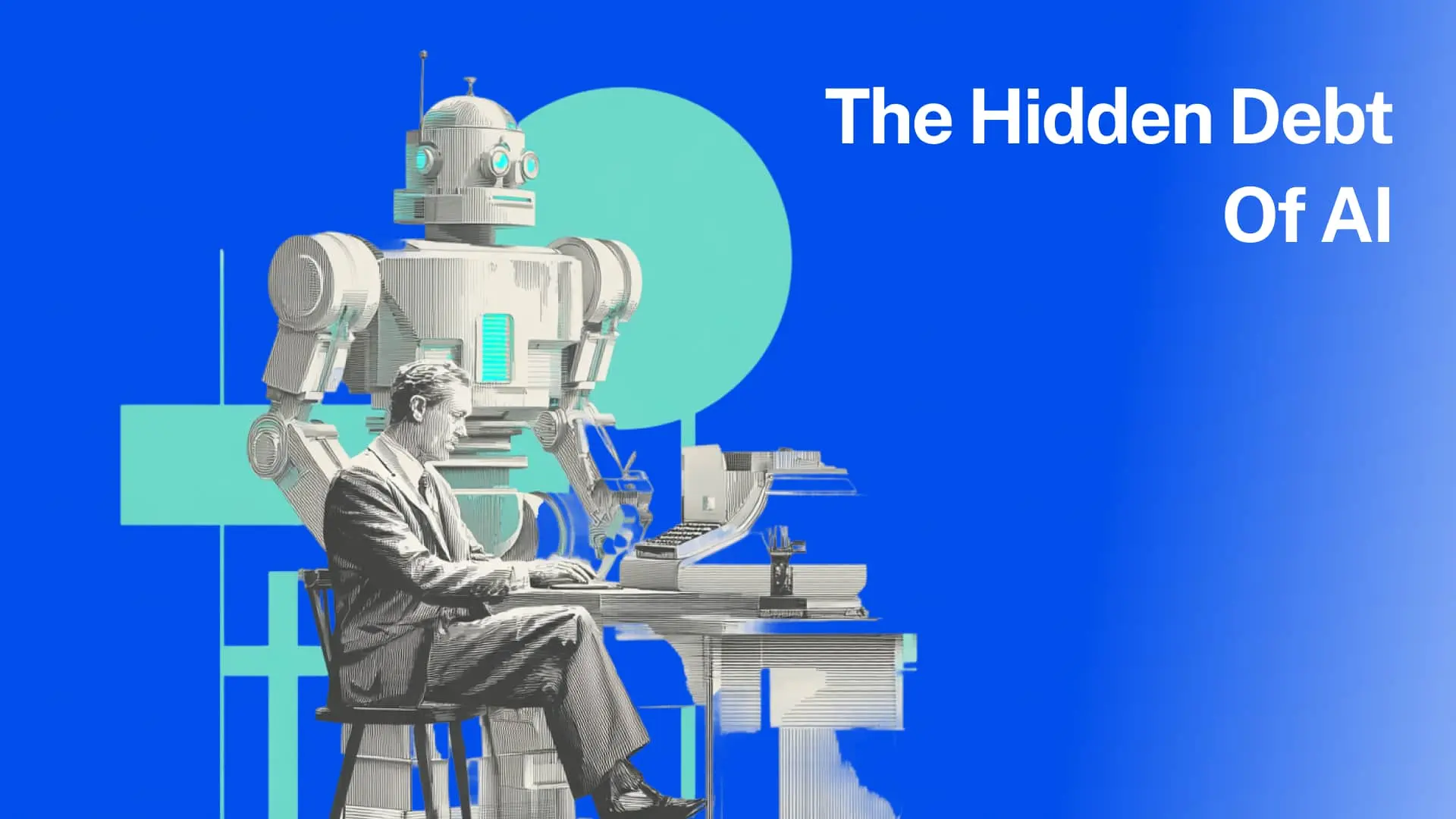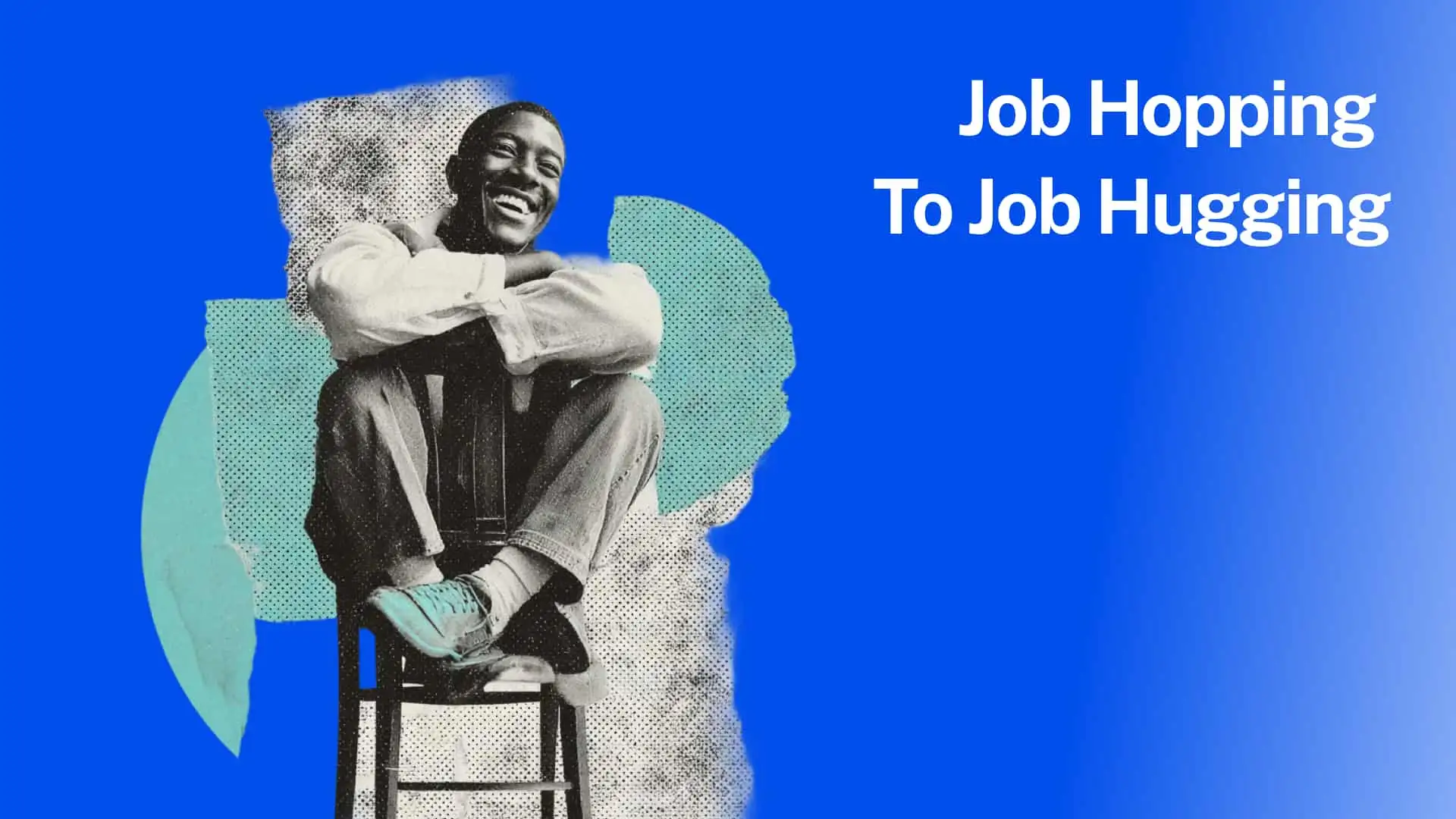For the past year, much of the conversation around AI and the future of work has centered on what we might lose. We have talked about early-career roles vanishing, managers becoming obsolete, and repetitive tasks being automated. But there has been far less attention paid to what might be gained, specifically, what brand-new jobs could emerge in an AI-powered world.
Historically, every technological leap, from the steam engine to the internet, has come with a cycle of fear and reinvention. For every job that disappeared, new roles followed. The same may happen again with artificial intelligence.
As Daniel Susskind (Stanford Digital Economy Lab) said: “Who could have imagined pre-Internet that many people would find work as ‘search engine optimisers,’ or pre-generative AI that people would be hired as ‘prompt engineers’? It wasn't just hard to imagine these roles, it was impossible.” That may be exactly where we are again now.
In The New York Times Magazine, writer and former Wired editorial director Robert Capps shifts the conversation with his deeply reported piece, A.I. Might Take Your Job. Here Are 22 New Ones It Could Give You. Drawing on interviews with leading thinkers like Erik Brynjolfsson, Ethan Mollick, Rob Seamans, and Aneesh Raman, Robert organizes the coming wave of AI-era roles into three big themes: trust, integration, and taste.
Trust: Where AI Needs Humans to Stand Behind the Machine
Trust, it turns out, is the first new frontier.
No matter how sophisticated AI becomes, we still live in a world of responsibility. Someone has to stand behind a decision, a document, or a system. That is why new roles like AI auditor, AI translator, and trust authenticator are beginning to take shape, roles that blend technical understanding with human judgment.
These jobs help organizations verify, explain, and validate what AI does, especially in fields like finance, law, and healthcare, where accuracy and accountability matter. Robert notes that these trust-centric roles will not just review outputs. They will also serve as human “sin eaters,” a term Ethan Mollick (The Wharton School) uses to describe those who take final responsibility for what AI produces.
Expect to see job postings for people who specialize in ethical reasoning, consistency validation, and human escalation. These roles are essential to making AI trustworthy and usable at scale.
Integration: Bridging Business Goals and AI Capabilities
If trust is the foundation, integration is the framework.
AI tools are not plug-and-play. They need to be mapped to real business problems, adapted to workflows, trained on proprietary data, and continuously evaluated. Enter a new wave of integrator roles: AI plumber, AI assessor, AI trainer, and even AI personality director — the one who ensures your chatbot sounds like your brand and not like a generic machine.
Robert points out that industries like manufacturing already show how integration roles determine success. Factories that adopt robotics often add jobs, not reduce them, but only when they have access to local robot integrators who can make the systems work.
Businesses that invest in human AI integration experts are more likely to scale, evolve, and compete. Those that do not may fall behind, not because of a lack of technology, but because they lack people who know how to connect the dots.
Taste: A Human Edge in a World of Infinite Options
Here is the twist. AI does not remove the need for creativity; it heightens it.
As Robert writes, telling AI what to do requires having a vision for what you want. In a future where everyone has access to the same tools, the ability to make bold, meaningful, creative decisions becomes the human edge.
Think of Rick, the legendary music producer who famously said he does not play instruments or use a soundboard; he gets paid for his taste. In an AI future, that same principle applies to new roles like story designer, article designer, differentiation designer, and world designer — people who shape narratives, aesthetics, and meaning from AI-generated possibilities.
And this is not just for creative fields. Taste-driven jobs will show up in HR (HR designer), operations, education, and product strategy. As Erik Brynjolfsson (Stanford Digital Economy Lab) puts it, “We’re all going to be C.E.O.s of a small army of A.I. agents.” Taste is how we guide them.
These changes are not just about tools, they’re about mindset. “As this starts to take off,” Aneesh Raman (LinkedIn) says, “we’ll find ourselves in a new economy. Something like the ‘innovation economy,’ with entrepreneurialism as its core.” That may be the ultimate shift from doing what we’re told to inventing what comes next.
The Bottom Line
The job market will change, but not just through subtraction. AI will undoubtedly displace roles, but it will also demand new kinds of human contribution, with people who can validate systems, implement solutions, and make creative calls. As Robert reminds us, “We are the designers of our AI future. Let’s hope we have great taste.”
🧠 Team Bonding: Design Your AI Dream Team
Make your next team check-in more energizing. Try this quick-fire game to explore your future roles in an AI-powered workplace. No prep needed, just a willingness to imagine what could be.
Step 1: Pick your player name.
- Are you the Trust Authenticator, AI Plumber, or World Designer? (Make it up or pick from Robert’s article.)
Step 2: Choose your mission. Ask each teammate:
- Where in our work do we need a human to step in and be the responsible one?
- What do we use AI for now, and what part of it feels like it still needs a creative nudge?
- If you could lead any new AI-human hybrid project, what would it be?
Step 3: Bonus round.
- Design your own new role. Give it a cool title and explain it in 1 sentence. For example:
- “I want to be the Meeting Mood Mapper — I’ll use AI to spot team energy dips and play the right soundtrack.”
It’s fast, it’s future-facing, and it just might surface the next innovation idea, or your new job description.




